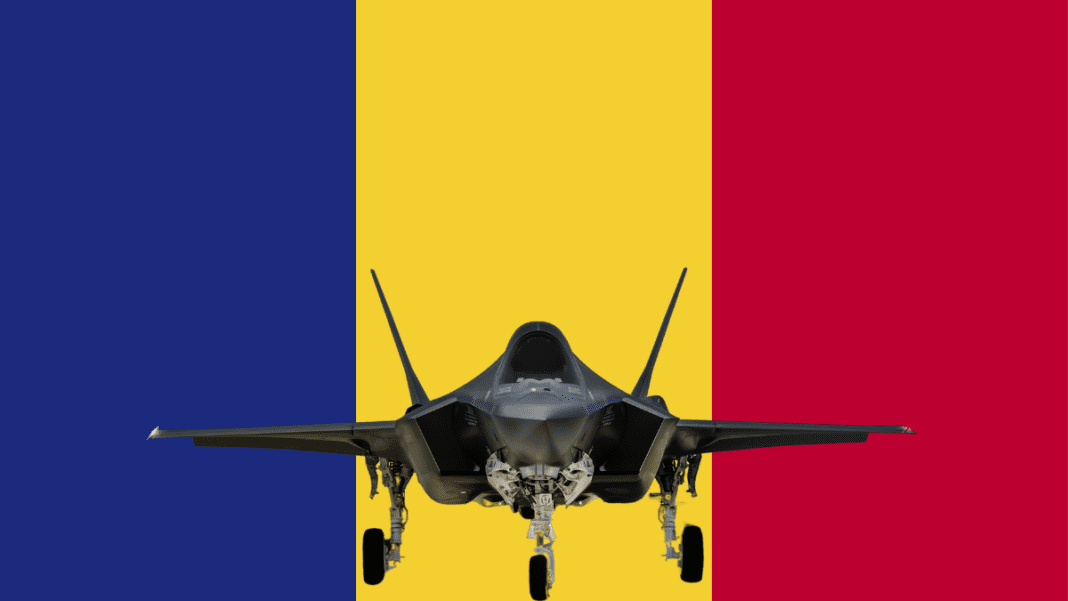Romania is facing renewed frustration over how its defense industry has been treated in major military deals. Public discussions and reports suggest that the country has not gained enough economic or industrial returns from its purchases of foreign weapons. Many are pointing to the F-16 fighter jet program as a symbol of these concerns.
Complaints Over Defense Deals Resurface
At the heart of the issue is a term known as “offsets” or “compensation agreements.” These are additional benefits that often come with large military contracts. For example, a country buying tanks or aircraft might ask the seller to produce certain parts locally, invest in its industry, or create jobs for its citizens. These agreements can be very valuable for developing a local defense sector.
In Romania’s case, some voices argue that such opportunities have been missed. Critics say the country has accepted deals without pushing hard enough for compensation or industrial involvement. They often compare Romania to countries like Poland, which have seemingly done a better job of including their own industries in defense deals.
Netherlands Supercharges Romania’s Air Force with Game-Changing F-16 Deal
This comparison has sparked concern. People are asking why Romania doesn’t seem to benefit as much as its neighbors when buying similar weapons from the same allies. The F-16 fighter jet is the example most often mentioned.
Comparing Romania to Poland Creates Confusion
The debate usually focuses on Poland’s experience with the F-16. Poland is known to have received strong industrial support when it bought its fighter jets. The purchase not only included the aircraft but also brought jobs and long-term partnerships with foreign companies. Polish companies became involved in producing parts, doing repairs, and even supporting other NATO allies.
This is often held up as a model of how to do things right. In contrast, Romania bought its F-16s but did not get the same kind of industrial deal. Critics question why the country didn’t demand more.
However, there’s an important detail that changes the picture. Poland bought new F-16s directly from the United States under a major contract with the original manufacturer. This gave it more room to negotiate industrial participation and other benefits.
Russia Sanctions Crisis : Romanian MEP Urges EU to Drop Restrictions Amid Economic Struggles
Romania followed a different path. Instead of new aircraft, it bought used F-16s — first 17 from Portugal in two rounds, and later 32 from Norway. The total cost of the Norwegian deal alone was around €388 million, a much lower price than new jets. But because these aircraft were already built and previously used, there was less opportunity to involve Romanian companies in their production.
This major difference is often forgotten in public debate. Comparing the two countries without understanding the nature of their deals can be misleading. Romania simply had less room to ask for offsets because it was buying aircraft that had already been made and flown.
Romania Finds Local Benefits in Other Defense Deals
While the F-16 program didn’t bring large-scale production work to Romania, the country has shown that it can secure good deals in other areas. In fact, recent purchases show that Romania is making industrial cooperation a key part of its defense strategy.
One of the best examples is the decision to order 1,000 Cobra II armored vehicles from Turkey. This deal included local production, meaning that Romanian workers and factories would be directly involved. It also helped build long-term relationships between defense companies in both countries.
Another example is the Piranha V armored personnel carrier. Romania chose this vehicle after making sure that local assembly and production would be included in the deal. These efforts help bring technical know-how, equipment, and job opportunities to the country.
Romania’s New President Bets Big on NATO — Commits to Record 3.5% NATO Defense Budget
Romania is also looking at adding more self-propelled artillery to its military. The South Korean K9 Thunder is one of the options under consideration. In this case too, reports indicate that Romania has emphasized the importance of compensation and local industrial work.
Even in the case of the F-16s, Romania did find a way to involve its local industry. The Aerostar company, based in Bacău, is responsible for repair and maintenance of the aircraft. While this does not involve building the planes, it still provides important jobs and technical skills within the country.
This shows that Romania hasn’t been left out entirely. While the F-16 acquisition didn’t offer major production work, other projects have included more local benefits. The country is clearly moving toward defense deals that support its economy, workers, and industry.

